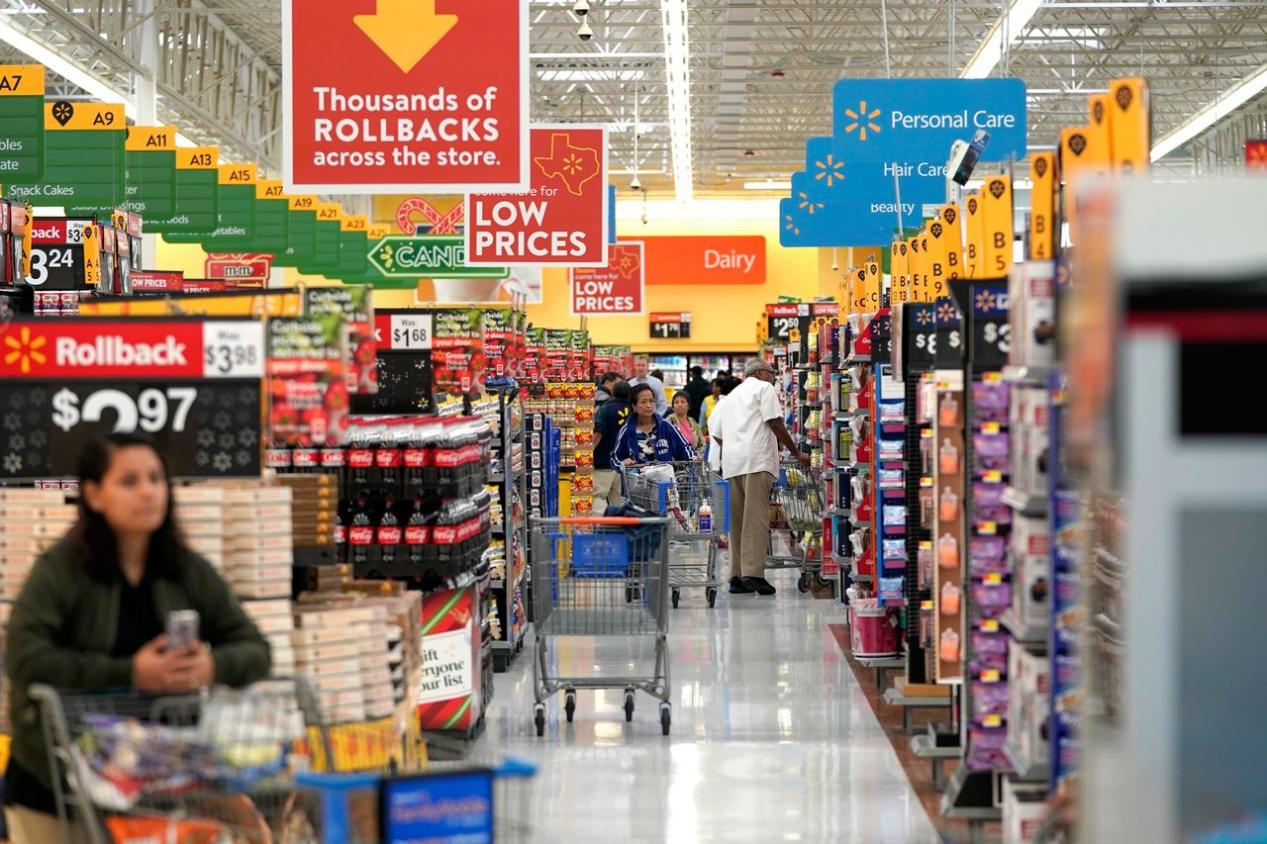
Recently, the retail industry in many countries around the world is experiencing unprecedented challenges and transformation pressures. With the dual impact of high inflation and weak consumption, the performance of many consumer companies continues to decline, and many companies even have to face the dilemma of bankruptcy and closure.
High inflation is currently the main challenge facing the global retail industry. The interest rate hike policies adopted by multiple central banks to curb inflation have led to an increase in consumer credit costs, thereby suppressing consumers' willingness to spend. Taking the United States as an example, furniture retailer Kohl's has recently become the latest chain retailer to enter bankruptcy liquidation proceedings. Cohen launched clearance promotions at over 550 retail outlets, marking the official entry into bankruptcy liquidation. Cohen's predicament is not an isolated case, but a microcosm of the entire retail industry in a high inflation environment.
Retailers not only in the United States, but also in countries such as New Zealand and Germany are facing similar challenges. The latest membership survey by the New Zealand Retailers Association shows that nearly 43% of members are unsure if their business can sustain operations in the next 12 months, and over 70% of retailers did not meet sales targets in the second quarter. The situation in Germany is also not optimistic. According to data from the German think tank Ifo Economic Research Institute, the business climate index in Germany fell for the third consecutive month in July, and the retail industry index also deteriorated again.
Recently, the retail industry in many countries around the world is experiencing unprecedented challenges and transformation pressures. With the dual impact of high inflation and weak consumption, the performance of many consumer companies continues to decline, and many companies even have to face the dilemma of bankruptcy and closure.
High inflation is currently the main challenge facing the global retail industry. The interest rate hike policies adopted by multiple central banks to curb inflation have led to an increase in consumer credit costs, thereby suppressing consumers' willingness to spend. Taking the United States as an example, furniture retailer Kohl's has recently become the latest chain retailer to enter bankruptcy liquidation proceedings. Cohen launched clearance promotions at over 550 retail outlets, marking the official entry into bankruptcy liquidation. Cohen's predicament is not an isolated case, but a microcosm of the entire retail industry in a high inflation environment.
Retailers not only in the United States, but also in countries such as New Zealand and Germany are facing similar challenges. The latest membership survey by the New Zealand Retailers Association shows that nearly 43% of members are unsure if their business can sustain operations in the next 12 months, and over 70% of retailers did not meet sales targets in the second quarter. The situation in Germany is also not optimistic. According to data from the German think tank Ifo Economic Research Institute, the business climate index in Germany fell for the third consecutive month in July, and the retail industry index also deteriorated again.

The South Korean political arena has once again been embroiled in a public controversy over a judicial investigation that has shaken the entire nation.
The South Korean political arena has once again been embroi…
On the morning of December 29th local time, the precious me…
According to the US media Barchart, recently, the fluctuati…
On December 29th, Mar-a-Lago in Florida, USA, witnessed a h…
SoftBank Group announced on Monday that it has agreed to ac…
Recently, the US State Department issued a visa ban, adding…